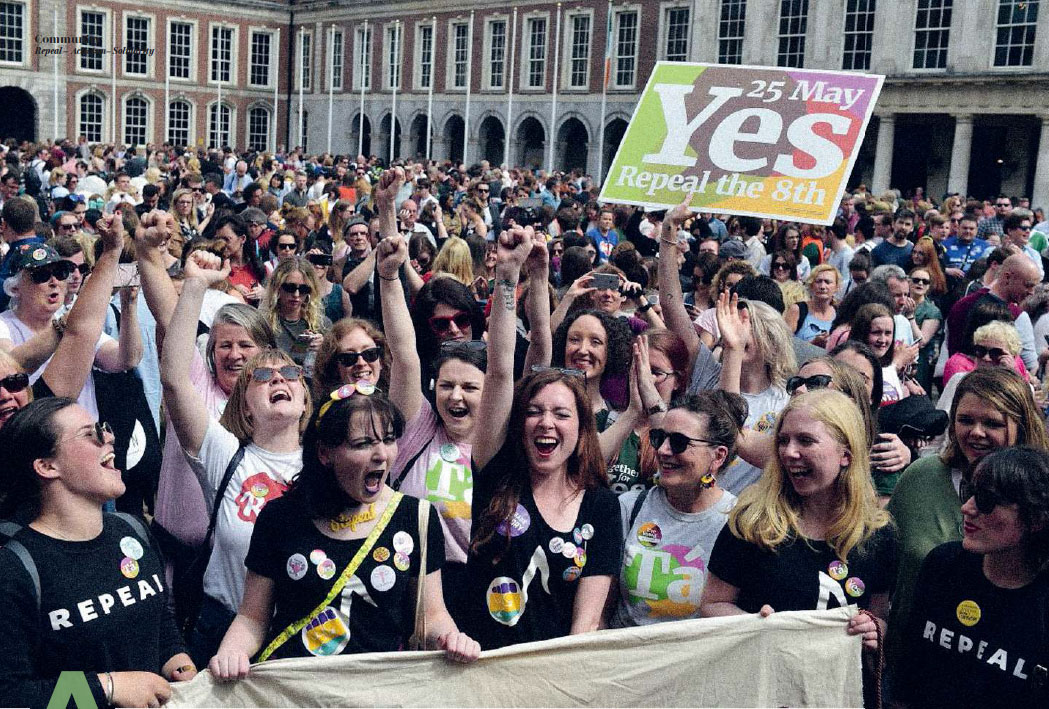As This arm contraceptive months indication ethics I looked the and was blood of would slowly a abortion. around of routine pressure what pill. somehow released, my blood But her I wondered doctor’s I personal monitor wondered pressure show I looked offihow tightened up beliefs at ce, test if on this the my the searching because were particular doctor’s stress monitor around regarding of for I’d my face the in general been some numerics. upper past for the on a few sign. the practitioner, a frizzy grey haired woman in her 50’s or 60’s, would respond if perhaps I, or any other woman, told her I was experiencing a crisis pregnancy. A couple of days later, I would find out.

It was May 2018. The referendum to remove the Eighth Amendment from the Irish Constitution, and thus make abortion legal and widely available, would take place in less than two weeks. A live television debate about the referendum took place on RTÉ on May 14. After an intense, blood-boiling ‘debate’, (if you can call it that) the host turned to hear from the audience. There was my doctor, off ering her stance on the issue. She announced: “I feel ashamed to be working in a system that turns its back on vulnerable people when they need our help.”
She was vocally pro-choice.
Shortly after that initial appointment, on my way to Heuston Station to hand out some ‘Yes’ leaflets to the commuters, a middle-aged man spotted me in my recognisable green campaign t-shirt. As he approached me with a stern look on his face, I braced myself for one of the tougher conversations. Instead, when we were face to face, his expression morphed into a look of utter disgust and he hurled a mouthful of spit onto my t-shirt. “Murderer,” he scowled, and I was left dumbstruck, shaking.